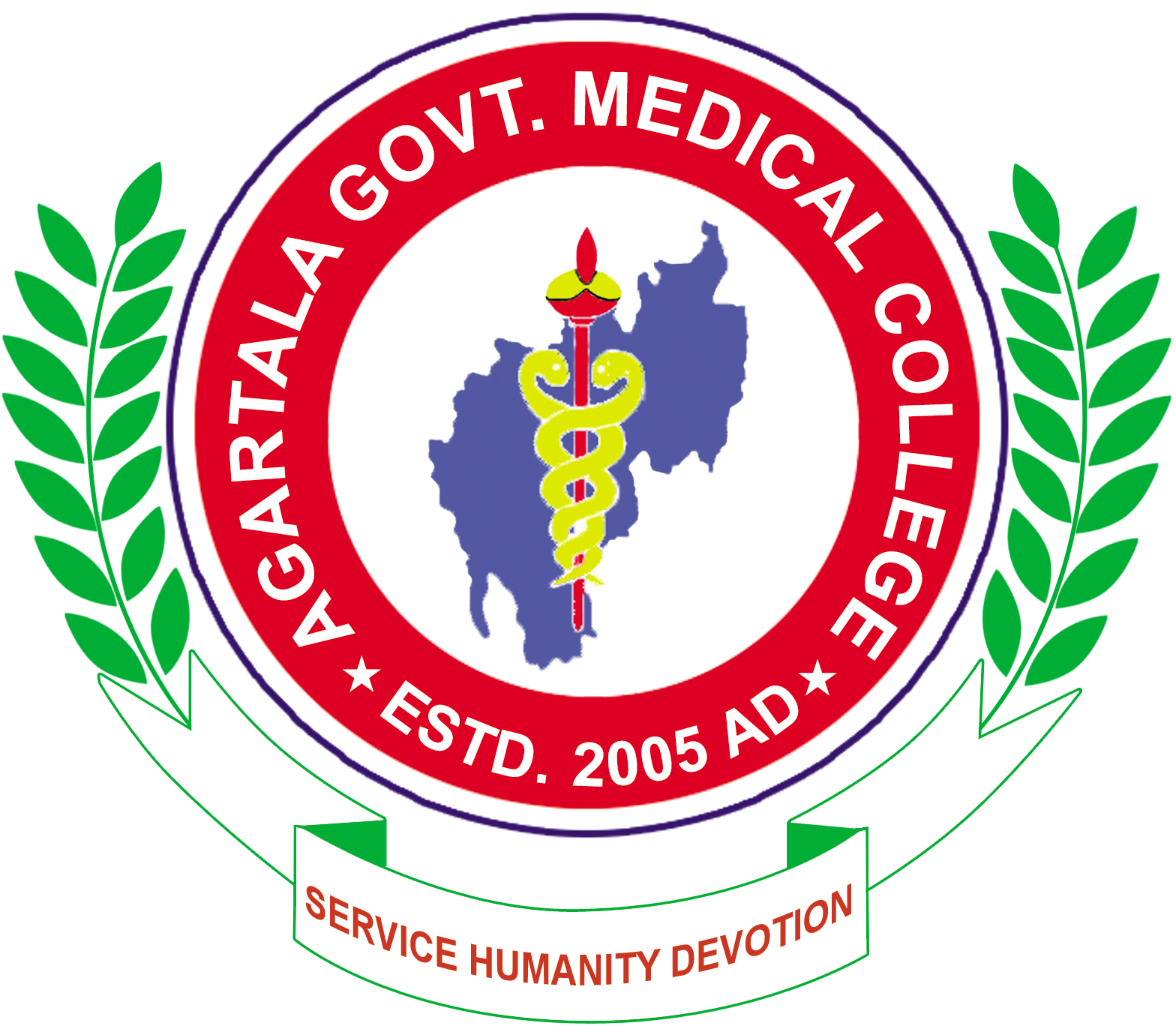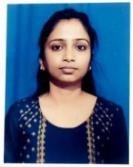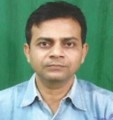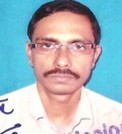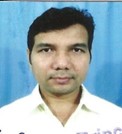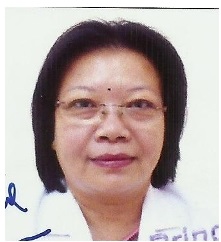PHYSIOLOGY DEPARTMENT
1. Academic Curriculum:
The department is responsible for teaching the subject of physiology to undergraduate (MBBS) students, as well as contributing to postgraduate (MD Physiology) training programs. Key components of the curriculum include:
- General Physiology: Introduction to cell function, molecular mechanisms, and body systems.
- Systemic Physiology: Detailed study of various systems, including the cardiovascular, respiratory, digestive, renal, nervous, and endocrine systems.
- Practical Sessions: Hands-on laboratory experiments in hematology, muscle contraction, nerve conduction studies, and cardiovascular function measurements.
2. Laboratories and Research:
The department is equipped with modern laboratories that facilitate practical learning and research, including:
- Hematology Lab: For blood analysis, including RBC/WBC counts, blood typing, and coagulation studies.
- Human Physiology Lab: Focused on exercises such as spirometry, electrocardiography (ECG), and measuring blood pressure.
- Neurophysiology Lab: For studying nerve conduction, reflex actions, and brain function using electrophysiological techniques.
- Research Initiatives: Faculty and students often engage in research on topics such as stress physiology, neurophysiology, cardiovascular adaptations, and more.
3. Faculty:
The department is led by experienced professors and lecturers, many of whom are actively involved in research and have published in international and national journals. Faculty members guide students through theoretical concepts, practical sessions, and research projects.
4. Workshops, Seminars, and Conferences:
The department regularly organizes and participates in workshops, CME (Continuing Medical Education) programs, and conferences on relevant topics such as:
- Innovations in medical physiology.
- Advanced techniques in neurophysiology.
- Latest trends in cardiovascular research.
- Collaborative research opportunities.
5. Facilities and Resources:
The department is well-equipped with:
- Lecture Halls: Designed with audio-visual aids for effective learning.
- Library: A comprehensive collection of textbooks, reference materials, and research papers in physiology.
- e-Learning Resources: Online materials, recorded lectures, and digital textbooks to support learning outside the classroom.
6. Research and Publications:
Faculty and students actively publish research papers in physiology. Areas of focus include neurophysiology, endocrinology, cardiovascular physiology, and human adaptation to stress. Research findings contribute to medical knowledge and improve understanding of various physiological processes.
7. Student Involvement:
- Practical Skills: Students are trained in conducting physiological experiments, interpreting data, and writing reports.
- Research Projects: Undergraduate and postgraduate students are encouraged to participate in research activities under the mentorship of faculty members.
- Departmental Clubs/Activities: Students can engage in physiology-related clubs or societies to further their interest and knowledge.
8. Collaborations:
The department collaborates with other medical colleges and research institutes for joint research projects, sharing resources, and advancing medical science.
9. Future Directions:
The Physiology Department continues to evolve with:
- Introduction of new teaching methodologies (like problem-based learning, integrated teaching).
- Advanced research techniques (like molecular biology, genetic physiology).
- Expansion of postgraduate programs and specialized courses.
